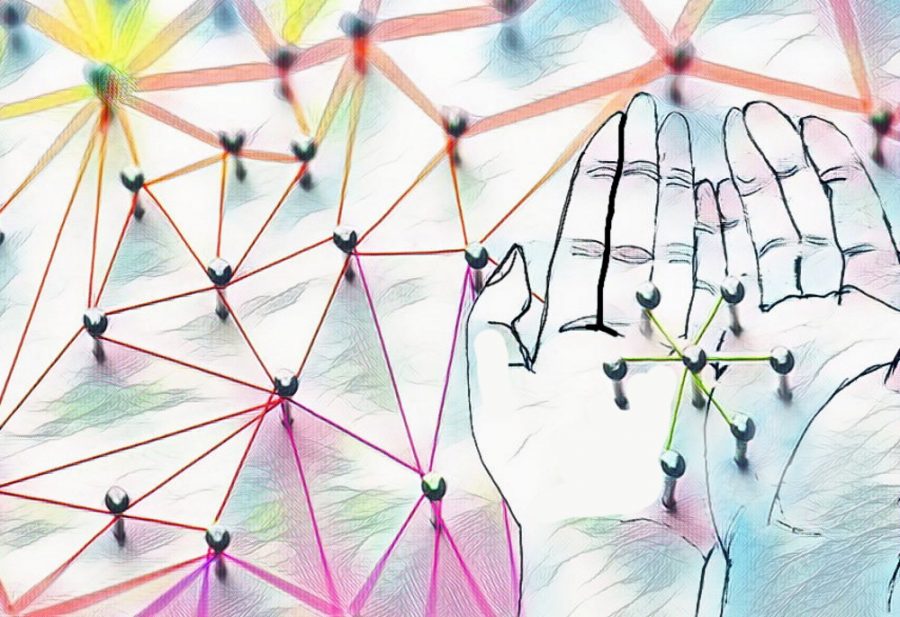“I’m capable of doing it, too”
June 30, 2021
Editor’s Note: This article first appeared as part of the June 22 flipbook.
I’m currently convinced I’m going to be a lawyer, and while I’m genuinely excited about the prospect of going to law school, I admit that I’ve fallen into the trap of pigeonholing myself into a select few career paths because I haven’t been exposed to much else. As college students, one of our biggest concerns is figuring out what we’re going to do after we graduate. Settling for supposedly secure careers can seem like the safest option.
This is especially true for marginalized students who lack the support and representation they need to pursue a broader range of careers. Within the College of Liberal Arts, specifically, underrepresented students can feel additional pressure to pursue what they perceive to be more practical fields. But students shouldn’t feel like they need to restrict their interests in order to be successful after graduation.
To better support underrepresented students, COLA should implement a mentoring program. Connecting students with mentors would help expose them to opportunities they may not otherwise be aware of and give them role models that embolden them to pursue a more diverse set of careers.
Mmeso Onuoha, an economics and African and African diaspora studies senior, shared how beneficial she thinks a COLA mentoring program could be for minority students.
“(Mentorship) programs would provide us with some sort of guidance or, at the very least, the knowledge that we’re not alone,” Onuoha said.
On this campus of 50,000 people, it can feel as if everyone is on their own individual path and that we should already be sure about the people we’re going to become. In reality, many of us are trying to manage the expectations we have for ourselves with the measures of success that have been instilled in us by our families, friends and an unrelenting society.
Pairing students with mentors such as older peers, faculty members and professionals with similar interests and backgrounds can alleviate the notion that we have to go through college and overcome obstacles alone.
Monique Pikus, COLA’s director of diversity and organizational climate, confirmed that no such program currently exists.
“(Mentorship) benefits all students by helping them build community and making this huge campus feel more personal,” Pikus said.
While some mentoring programs already exist, such as the Freshman Research Initiative and Horns Helping Horns, they aren’t accessible to all students. Pikus said despite there being various programs out there, if you’re not a part of that college, you may not have access to it. An initiative that includes all of COLA, however, would help more students feel more supported and valued by the University.
Mentoring can not only provide valuable guidance for career development, but it can also validate the experiences of students who might not feel like they belong in certain fields.
“It would be nice to know that someone in the world is like, ‘I see you,’” Onuoha said.
While an initiative of this magnitude would require a lot of resources and effort on the part of the administration, the rewards for underrepresented students would be immeasurable.
“I think over time it will be feasible,” Pikus said. “I don’t necessarily think, you know, that next year we could open it up to all the students in COLA. But (we can) take a gradual approach of trying to expand on it, especially for students who may not have mentoring opportunities,”
It’s a discomforting prospect to think that in becoming a lawyer, I would be entering into one of the most elitist and least diverse fields. It would be reassuring to know that someone has done it before me, and that I’m capable of doing it, too.
Sailale is an international relations and global studies junior from Dallas, Texas.












